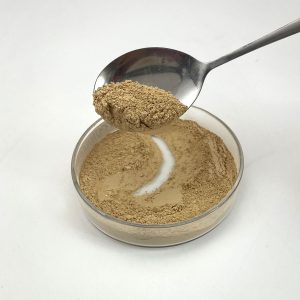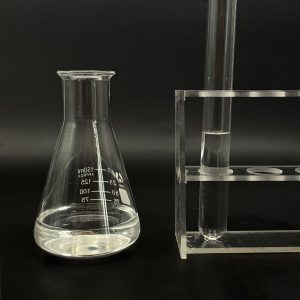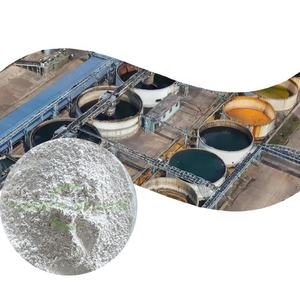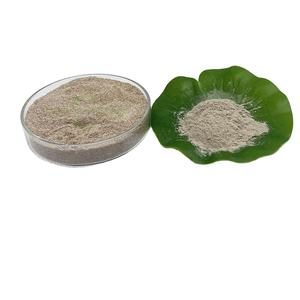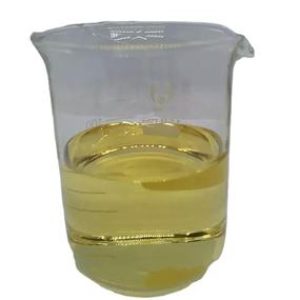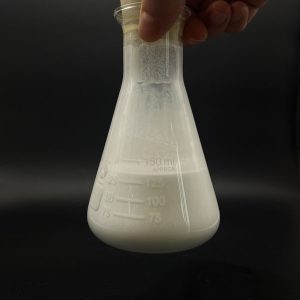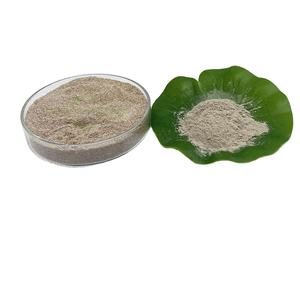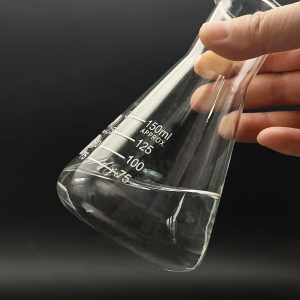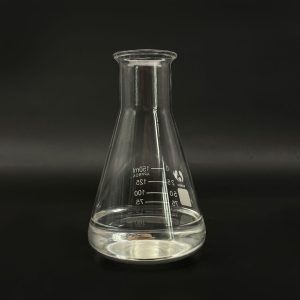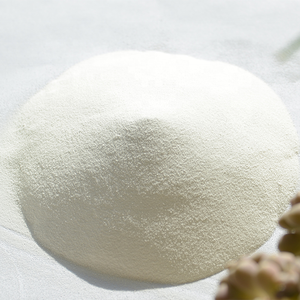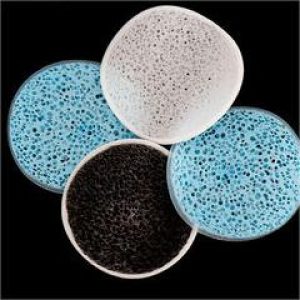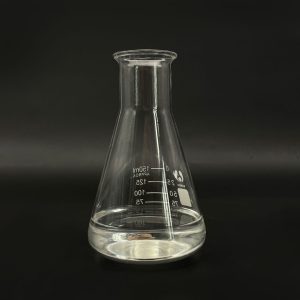Overview of Specialty surfactants
Specialty surfactants are a class of surfactants designed for specific, niche applications where standard surfactants may not meet the required performance criteria. These surfactants often exhibit unique properties, tailored to enhance performance in areas such as extreme conditions, high specificity, or environmentally friendly formulations.
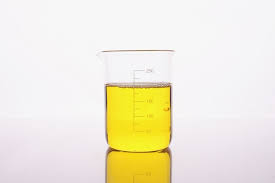
Specialty surfactants
Features of Specialty surfactants
- Specific Functionality: The unique chemical structure or functional groups that enable the surfactant to perform a particular task, such as self-assembly, responsive behavior, or targeted delivery.
- Temperature Range: The operational temperature range, which could be extended to cover extreme hot or cold conditions, is critical for applications in oil drilling, aerospace, or cryogenic processes.
- pH Tolerance: The ability to maintain stability and effectiveness over a wide pH range, important for cleaning products or formulations used in acidic or alkaline environments.
- Salt Tolerance (Salinity): Performance in high salt concentrations, vital for applications in marine environments, oilfield chemicals, or hard water cleaning.
- Biodegradability and Eco-Friendliness: Increasingly important for surfactants used in personal care, agriculture, and environmental remediation, ensuring minimal impact on ecosystems.
- Low Foam or High Foam Characteristics: Depending on the application, specialty surfactants can be designed to minimize foam (e.g., in lubricants or industrial processes) or maximize foam (e.g., in cleaning products).
- Emulsification Efficiency: The ability to create stable emulsions under specific conditions, such as micro-emulsions for pharmaceuticals or high internal phase emulsions for personal care products.
- Compatibility and Synergism: Compatibility with other formulation ingredients and the potential to enhance or synergize with other surfactants for improved performance.
- Surface Activity Under Specific Conditions: Enhanced surface tension reduction or interfacial activity in special environments, such as high pressure, the presence of specific ions, or complex fluid dynamics.
- Rheological Modification: The capability to modify viscosity or thicken formulations, improving suspension stability, texture, or processing properties.
- Selective Adsorption: The ability to selectively adsorb onto specific surfaces or interfaces, enabling targeted delivery or separation processes.
- Long-Term Stability: Ensuring the performance of the surfactant does not degrade over time, especially in storage or under continuous use in applications like coatings or personal care products.
-
Regulatory Compliance: Meeting industry-specific or regional regulatory requirements, such as food-grade approval, REACH compliance, or FDA guidelines for cosmetic ingredients.
Specifications of Specialty surfactants

Application of Specialty Surfactants
Due to their unique chemical structure, specialty surfactants play a key role in many high-end fields:
Petroleum Industry
Enhanced Oil Recovery (EOR), used as oil displacement agent and demulsifier.
Personal Care & Cosmetics
Mild surfactants (such as amino acids) are used in cleansers and shampoos.
Agriculture
Pesticide synergists, improving the wettability of the liquid and the adhesion of the leaf surface.
Industrial Cleaning
Low-foaming, acid- and alkali-resistant surfactants are used for metal cleaning and circuit board degreasing.
Medicine & Biotechnology
Drug carriers (such as liposomes), cell membrane penetration aids.
New Materials
Nanomaterial dispersants, coating leveling agents.
Company Profile
Surfactant is a trusted global chemical material supplier & manufacturer with over 12-year-experience in providing super high-quality surfactant and relative products.
The company has a professional technical department and Quality Supervision Department, a well-equipped laboratory, and equipped with advanced testing equipment and after-sales customer service center.
If you are looking for high-quality surfactant and relative products, please feel free to contact us or click on the needed products to send an inquiry.
Payment Methods
L/C, T/T, Western Union, Paypal, Credit Card etc.
Shipment
It could be shipped by sea, by air, or by reveal ASAP as soon as repayment receipt.
Five FAQs of Specialty Surfactants
What are the advantages compared with traditional surfactants?
Higher efficiency (lower dosage), environmentally friendly (degradable), special functions (such as salt resistance/temperature resistance).
What are the “green” specialty surfactants?
Alkyl polyglycosides (APG), betaines, sophorolipids (biofermentation type).
How to choose high temperature resistant surfactants?
Siloxane and fluorocarbon surfactants can work stably at >150°C.
Why are some surfactants so expensive?
The synthesis process is complex (such as block polymers) and the raw materials are scarce (such as fluorinated chains).
How to solve the compatibility problem of surfactants?
By compounding (such as anionic/non-ionic mixing) or customizing the molecular structure.

